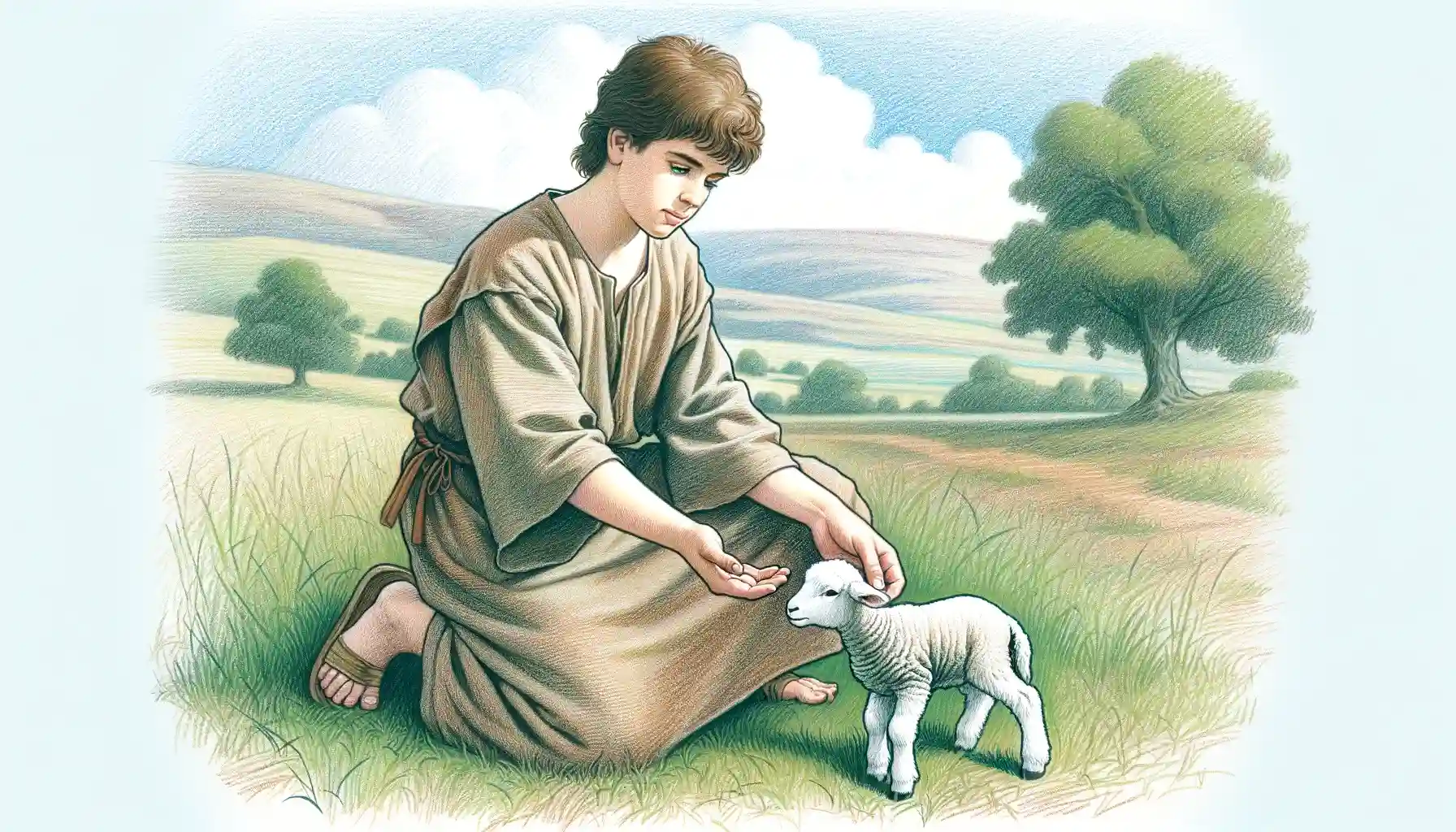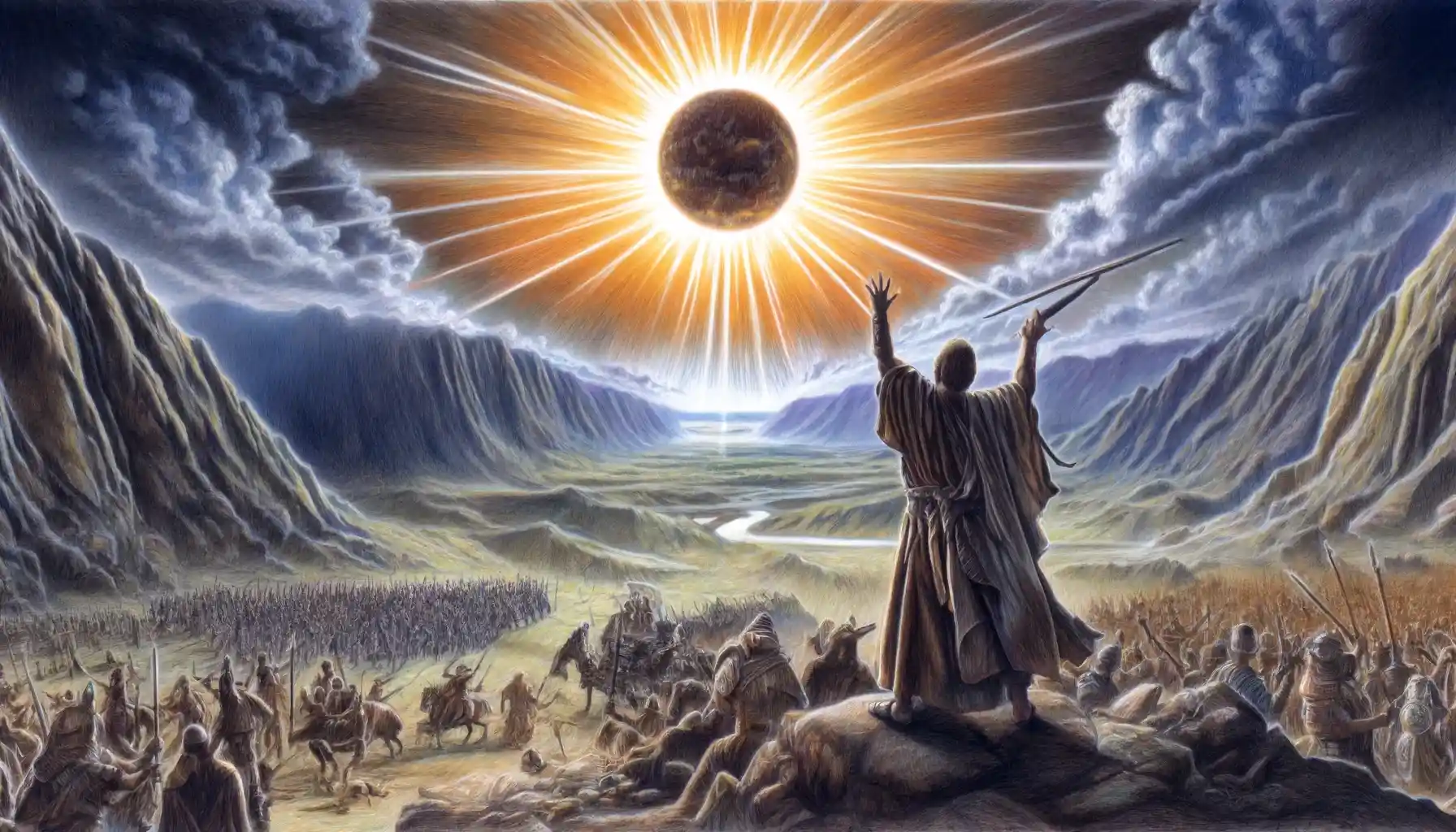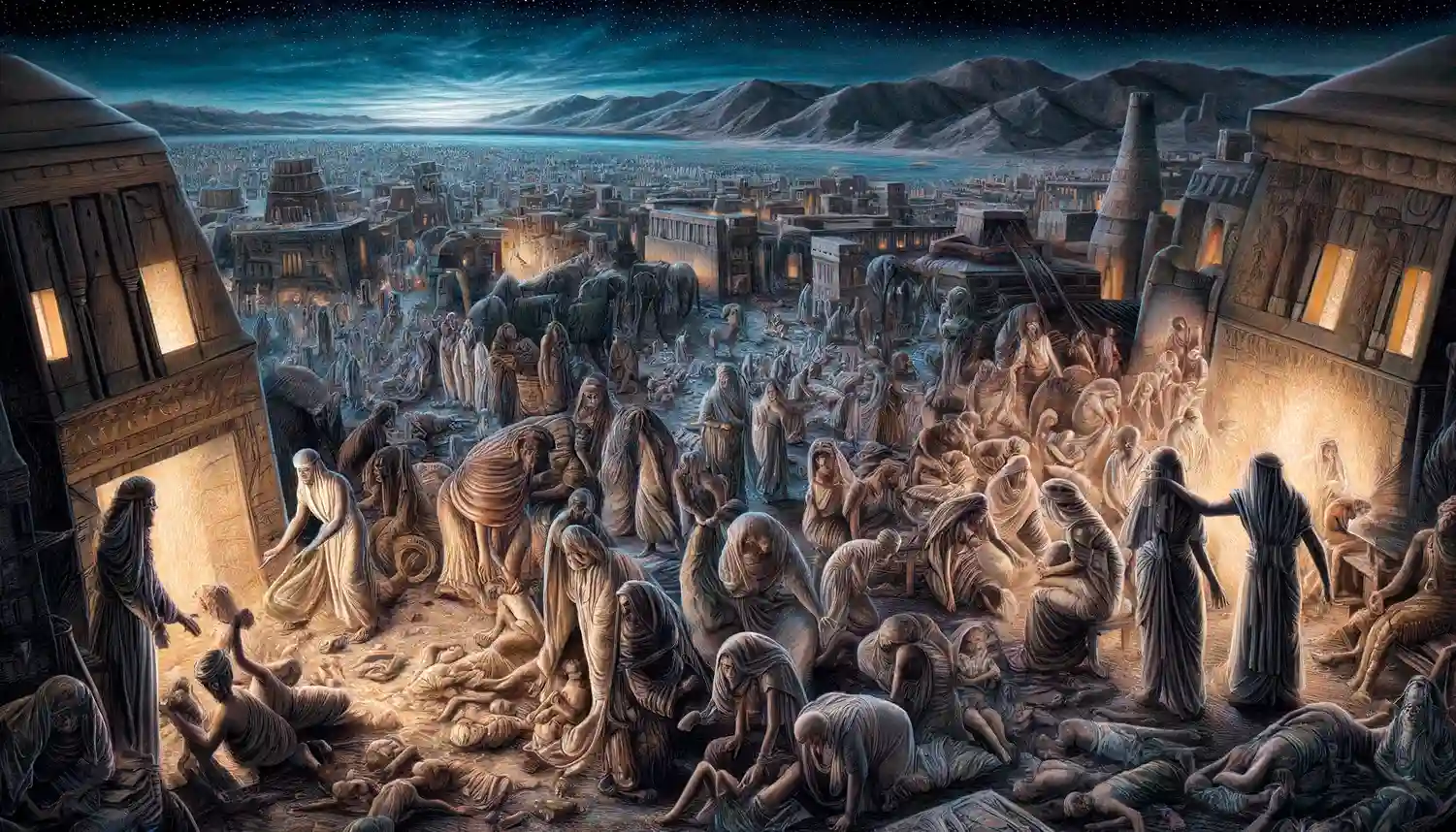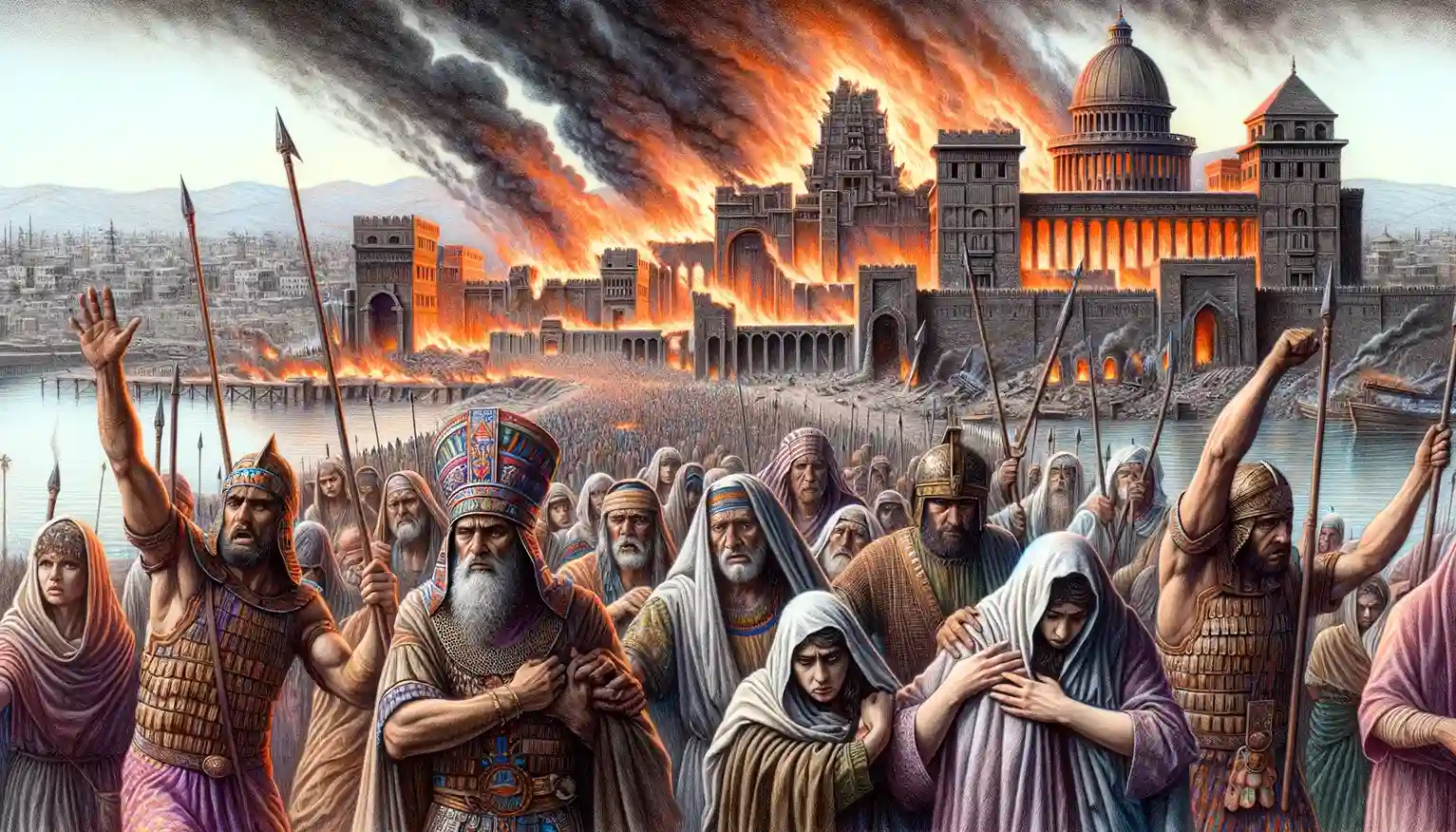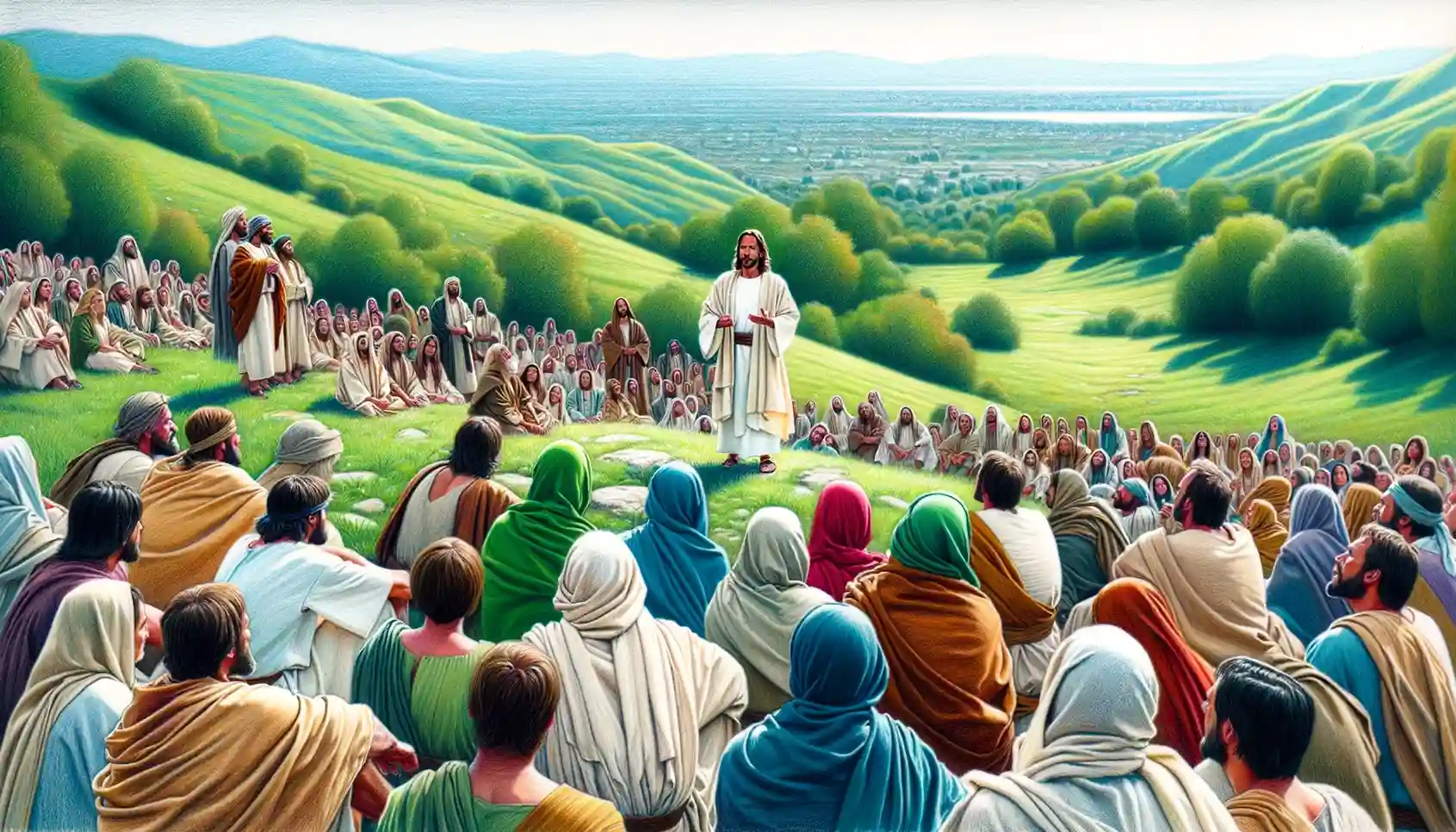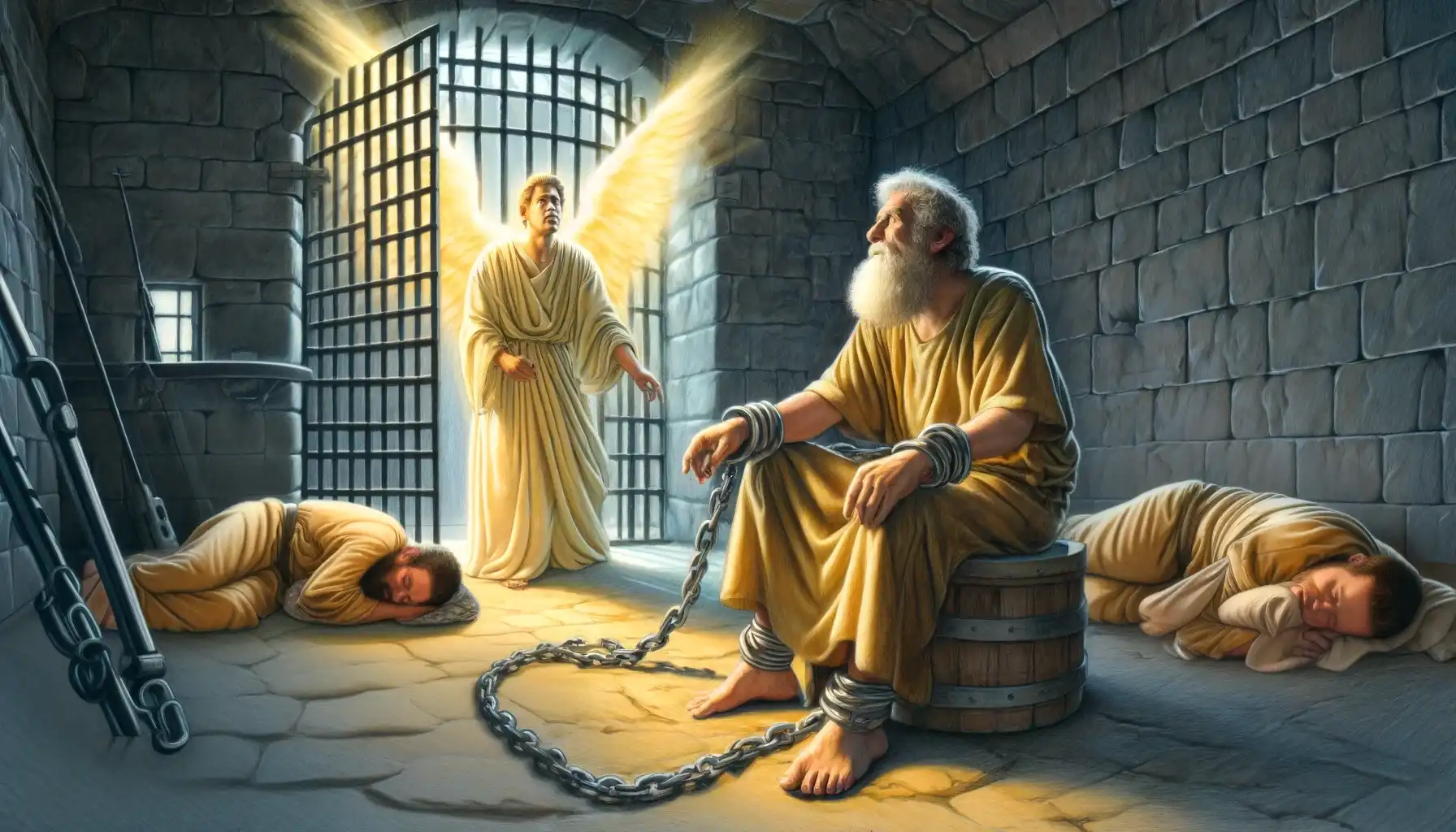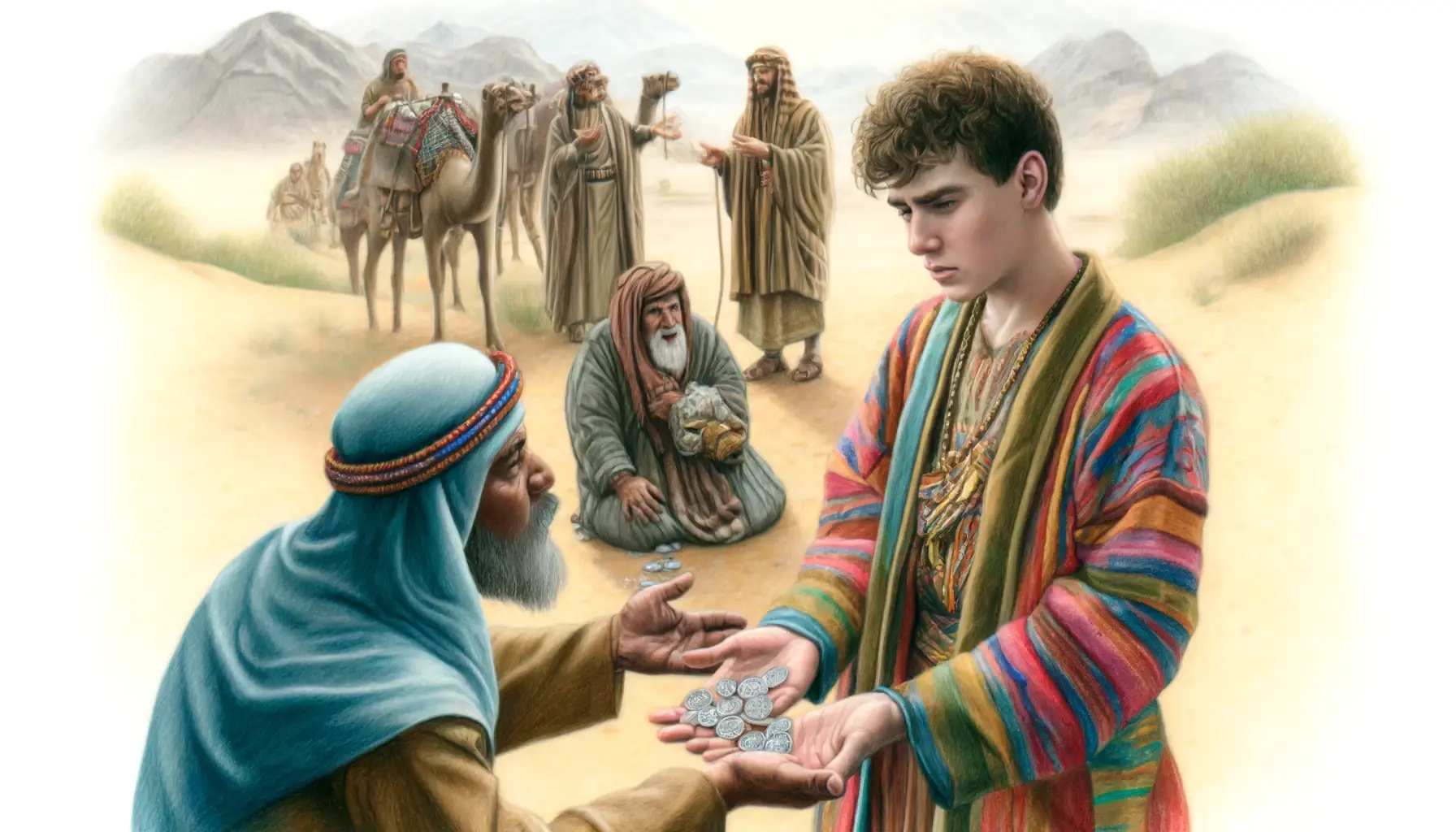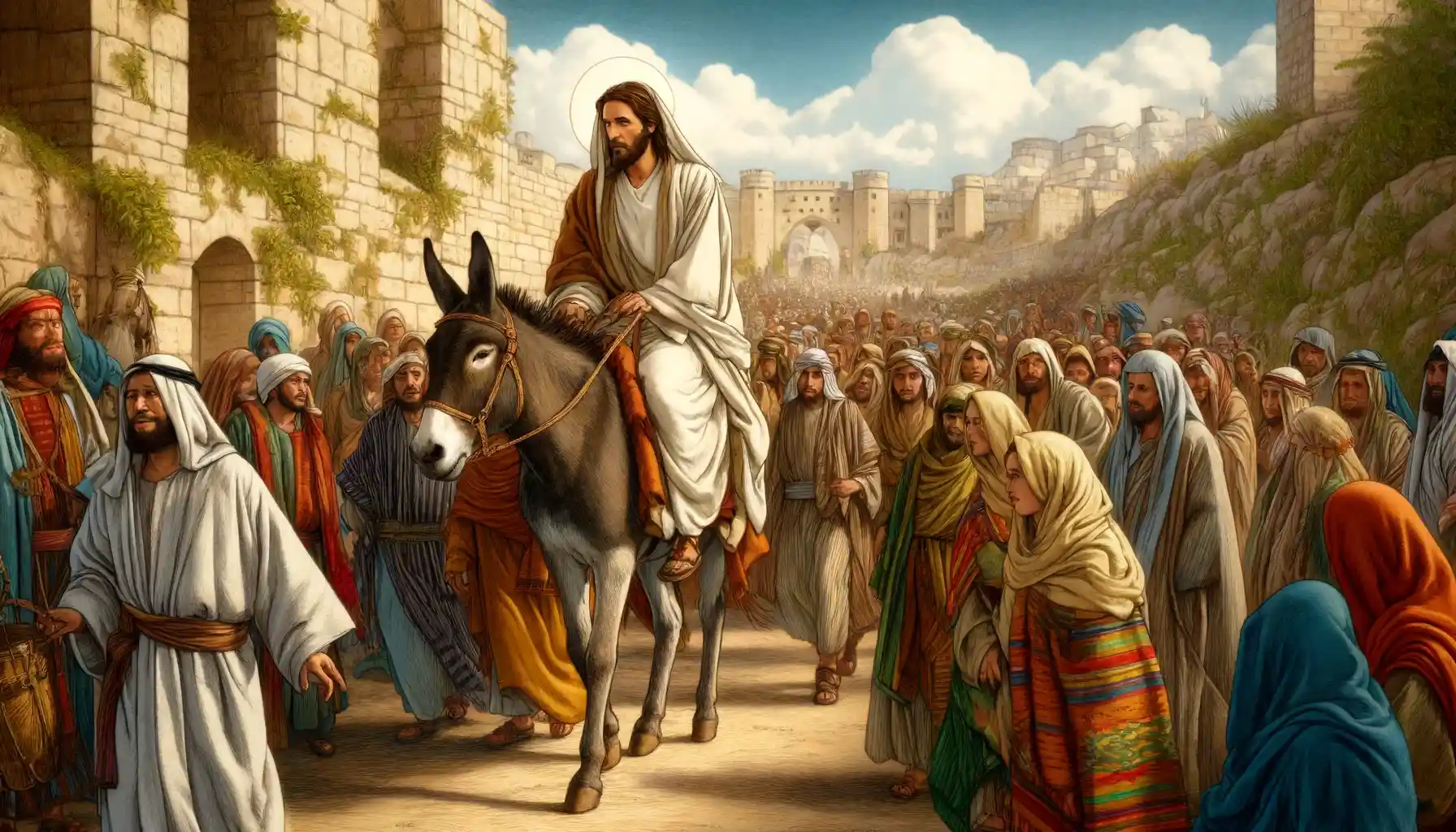Abel’s offering in Genesis 4:4, involving the best portions of the firstborn of his flock, is not only a symbol of sincere and sacrificial worship but also serves as a foundational narrative that highlights themes of divine favor, the righteousness of faith, and the profound consequences of jealousy and sin in human relationships.
The Sun Stands Still: In Joshua 10:13, during the battle of Gibeon, Joshua asks God to stop the sun and moon, and they comply. This miraculous event, meant to allow Israel more time to defeat their enemies, is unique in biblical accounts of celestial intervention.
The death of the Egyptian firstborns, as narrated in Exodus 12:29-30, represents a profound divine intervention that marked the climactic and decisive act leading to the liberation of the Israelites from Egyptian bondage, embodying themes of divine justice, retribution, and the fulfillment of God’s covenant.
The Babylonian Captivity, which began with Nebuchadnezzar II’s destruction of Jerusalem and its temple in 586 B.C., was a pivotal 70-year period during which the Jewish people were exiled to Babylon, marking a time of profound theological reflection and transformation that emphasized the importance of the Torah and led to significant developments in Jewish identity and religion, culminating in their return to Jerusalem under Cyrus the Great’s decree in 538 B.C.
The Sermon on the Mount, as presented in Matthew chapters 5 through 7, encapsulates the essence of Christian ethics and the teachings of Jesus Christ, offering a profound and comprehensive guide that challenges believers to achieve a higher standard of moral and spiritual integrity.
In Acts 12:6-10, the miraculous release of Peter from prison, facilitated by an angel of the Lord and amidst the fervent prayers of the early Christian community, vividly demonstrates God’s sovereign power to intervene and deliver His faithful servants from the clutches of earthly persecution.
In Genesis 37:28, Joseph’s brothers sell him into slavery to Ishmaelite traders for twenty shekels of silver, setting in motion a series of events that fulfill divine prophecies and illustrate themes of betrayal, providence, and redemption within the biblical narrative.
The madness that befell Nebuchadnezzar can be understood as boanthropy, a psychological disorder wherein a human believes himself to be a bovine, leading him to behave as such, which in Nebuchadnezzar’s case served as a divine humbling for his pride and self-exaltation.
The biblical event of Jesus’ entry into Jerusalem on a donkey, as described in both the Old and New Testaments, serves as a significant fulfillment of prophetic scripture and a pivotal moment in Christian theology. Here are the essential facts …
The biblical narrative of creation, as described in Genesis, depicts a deliberate and structured process where God systematically forms the universe and all life within it over six days, culminating in a day of rest to sanctify and bless the seventh day.

